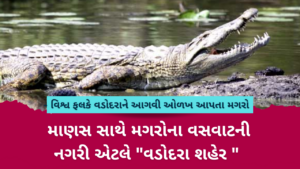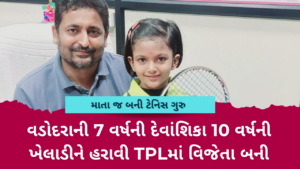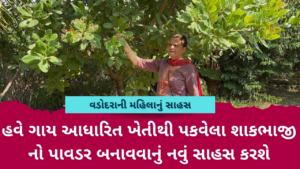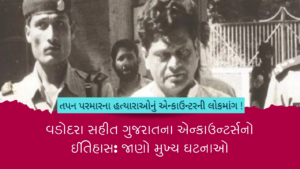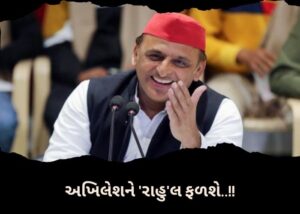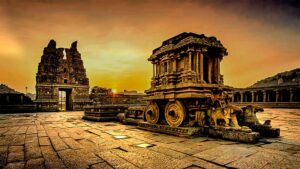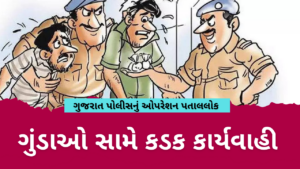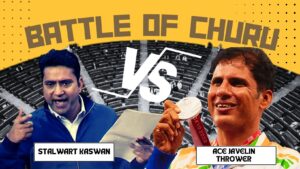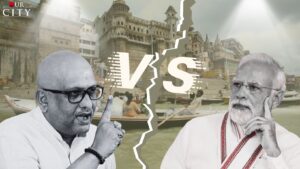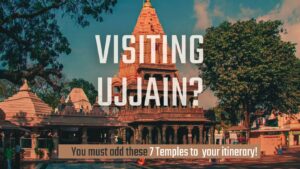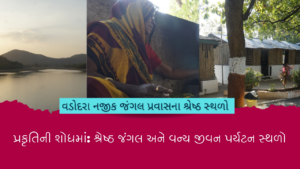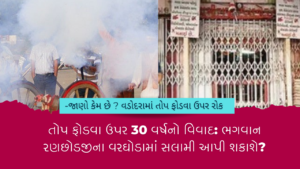–An Article by Poojan Patel
The queer rights movement in India has undergone a transformative journey, marked by significant milestones and challenges, especially since the landmark verdict that struck down Section 377 of the Indian Penal Code in September 2018. The repeal of this colonial-era law, which criminalized consensual same-sex relations, was a watershed moment, paving the way for increased visibility and acceptance of the LGBTQ+ community. As India anticipates a crucial verdict on same-sex marriage, it’s essential to reflect on the trajectory of the movement in the post-Section 377 era.
 Some Religious Leaders oppose this because nothing says ‘divine truth’ like selectively interpreting scriptures to fit contemporary prejudices. And the audacity to claim that same-sex marriage would undermine the institution of marriage! As if the skyrocketing divorce rates and reality TV haven’t done that already. Social chaos, they say? Oh yes, because love between consenting adults is the true harbinger of anarchy.
Some Religious Leaders oppose this because nothing says ‘divine truth’ like selectively interpreting scriptures to fit contemporary prejudices. And the audacity to claim that same-sex marriage would undermine the institution of marriage! As if the skyrocketing divorce rates and reality TV haven’t done that already. Social chaos, they say? Oh yes, because love between consenting adults is the true harbinger of anarchy.
Political Parties – the custodians of conservative ideology. Who cares about separation of religion and state when you can have a grand coalition of religious dogma and politics? It’s almost like they’re allergic to progress.
But fear not, for amidst this sea of enlightenment, there is hope! 53% of Indians support legalizing same-sex marriage, according to a 2021 survey. Clearly, the majority is slowly waking up from the slumber of archaic beliefs.
 Senior advocate Maneka Guruswamy, for the petitioners’ side, said, “Marriage is not only a question of dignity but a bouquet of rights that LGBTQ people are being denied post Johar, like life insurance or medical insurance.” “I cannot buy SCBA medical insurance despite being a member. This is a reality of how rights are exercised. One facet is the constitutional value of dignity, equality, fraternity and liberty and the other facet is the day-to-day business of life. The business of life is all of these things. Most rights flow from blood relations or marriage. Short of marriage it will mean that we will have to keep coming back to court to legislate issues.. We say marriage, not because it is a notion of society but a legal framework”, Guruswamy said.
Senior advocate Maneka Guruswamy, for the petitioners’ side, said, “Marriage is not only a question of dignity but a bouquet of rights that LGBTQ people are being denied post Johar, like life insurance or medical insurance.” “I cannot buy SCBA medical insurance despite being a member. This is a reality of how rights are exercised. One facet is the constitutional value of dignity, equality, fraternity and liberty and the other facet is the day-to-day business of life. The business of life is all of these things. Most rights flow from blood relations or marriage. Short of marriage it will mean that we will have to keep coming back to court to legislate issues.. We say marriage, not because it is a notion of society but a legal framework”, Guruswamy said.
Asking as to how we can develop the notion of a civil union which finds legal recognition, CJI D Y Chandrachud said, “Between the time the Navtej Johar judgment was delivered and today, society has found greater acceptance of same-sex relationships. Even in our universities, where people come from rural places. There is a growing acceptance.”
The Supreme Court is set to announce its verdict on the legal recognition of same-sex marriage today on October 17. The judgment follows the court’s reservation of decision on May 11 regarding a series of petitions advocating for legal validation of same-sex unions. The Constitution bench, composed of Chief Justice DY Chandrachud and Justices SK Kaul, SR Bhat, Hima Kohli, and PS Narasimha, presided over the hearings. The petitioners argued that India, being a marriage-centric culture, should extend equivalent rights to LGBT couples, such as the designation of “spouse” in financial and insurance matters, medical, inheritance, and succession decisions, as well as in adoption and surrogacy issues.






